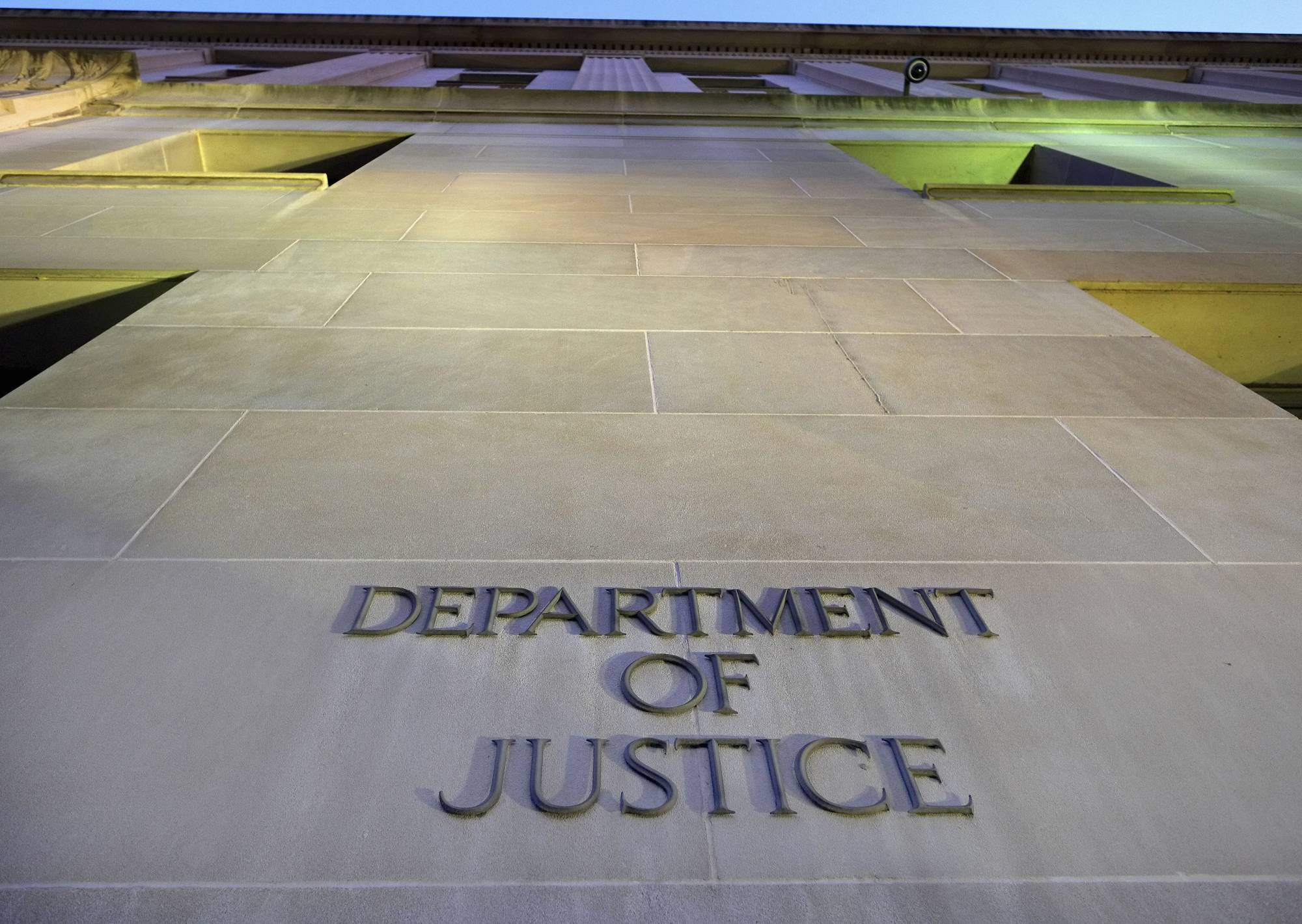To listen to the Federal Newscast on your phone or mobile device, subscribe on PodcastOne or iTunes.
- Two more commanders with the Navy’s 7th Fleet have been ousted. This comes as the branch is investigating the two deadly crashes that occurred in the Pacific over the summer. The fleet’s new commander, Vice Adm. Phil Sawyer, announced commander of Task Force 70 Rear Adm. Charles Williams and commander of Destroyer Squadron 15 Capt. Jeffery Bennet have been relieved of duty due to a loss of confidence. (U.S. Navy)
- The 2018 National Defense Authorization Act has passed the Senate. Some of the more important highlights of this version: Troops would receive a 2.1 percent pay raise and there will not be another round of base realignment and closure. House and Senate defense leaders will now converge for conference negotiations before sending a final version to the White House. (Federal News Radio)
- An important management amendment has also been included in the NDAA. In passing its version of the defense spending bill, the Senate includes the Modernizing Government Technology (MGT) Act as an amendment. It passed the House in May. It would let agencies retain part of any savings they gain cutting IT costs and use it for updating old systems. It establishes a governmentwide capital fund for the same purpose. The NDAA heads to reconciliation this fall. (Federal News Radio)
- Transgender troops must wait longer to find out if they will be kicked out of the military. The Defense Department’s interim policy lets transgender troops stay in the military until a review is finished in early 2018. The policy makes no promises that they will keep their jobs when the review is finished and a final policy is written. (Federal News Radio)
- Nearly $1 million has been secured by the Justice Department for troops who had their cars repossessed while deployed. DoJ said CitiFinancial Credit Company will pay $907,000 to resolve allegations that it violated the Servicemembers Civil Relief Act by repossessing 164 cars without the proper court orders. It will have to pay $5,000 to each service member it affected. (Department of Justice)
- The Air Force is taking a new look at its $2 billion scientific research portfolio. Air Force Secretary Heather Wilson launched a year-long study of science and technology spending. It won’t influence Air Force budget thinking until 2019 or 2020. The project will be led by the Air Force Research Laboratory, with help from the National Academies of Science and Engineering. Wilson said she wants the study to emphasize the potential to funnel more Air Force research dollars through universities. (Federal News Radio)
- Key leadership changes at GSA. Mary Davie is the new deputy commissioner of the Federal Acquisition Service at the General Services Administration. And Davie’s promotion sets off a host of other moves inside FAS. Alan Thomas, the FAS commissioner, announced the changes yesterday. Along with Davie, Kay Ely will become the assistant commissioner for the Office of Information Technology Category. Dave Zvenyach, currently the acting executive director of 18F, will be acting assistant commissioner for the Office of Systems Management. Rebecca Piazza will be serving as acting executive director for 18F. (Federal News Radio)
- Thrift Savings Plan participants can now reset their account passwords online. The Federal Retirement Thrift Investment Board said many participants had long asked for this feature. The agency said it should help ease up the workload for TSP call centers. This comes as the TSP is seeing more participants withdraw from their accounts. Post-separation withdrawals are up 20 percent in 2017 compared to the previous year as more TSP participants are becoming retirement eligible. (Federal News Radio)
- The Homeland Security Department has clarified its recent requirement for agencies to stop using and remove products from Kaspersky Lab from their networks. DHS issued a Federal Register notice listing 10 products ranging from anti-virus to endpoint security to cloud security that are banned from federal networks. The notice also tells agencies what information to send to DHS in the next 30 days as part of the 90-day sprint to begin removing Kaspersky Lab products. DHS issued a binding operational directive last week mandating these changes based on fears of the company sharing information with the Russian government. (Federal Register)
Copyright
© 2024 Federal News Network. All rights reserved. This website is not intended for users located within the European Economic Area.





